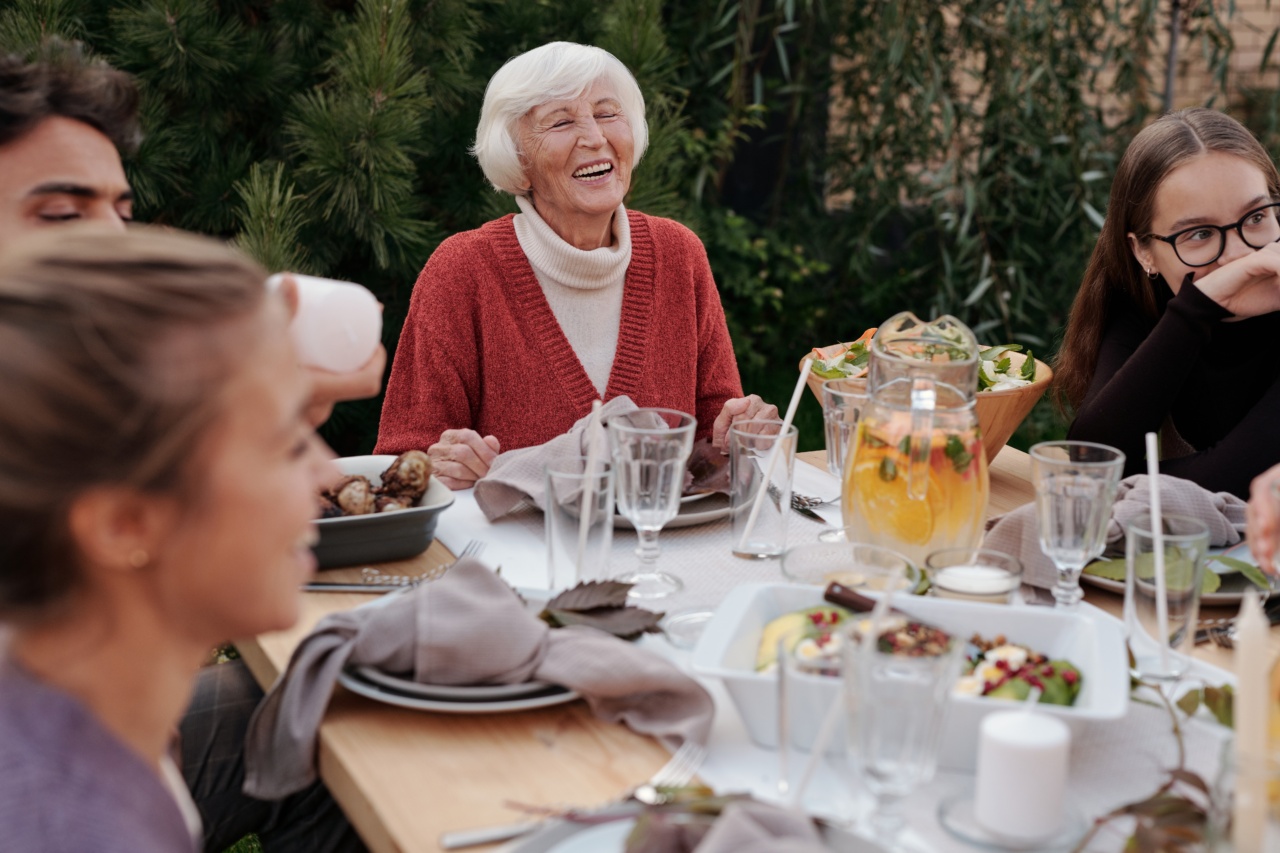An overactive bladder (OAB) can be quite a hassle, considering the frequent urges to urinate and leakage that come with it.
People with OAB may also experience nocturia, where they wake up more than once at night to use the bathroom, and incontinence, which is the involuntary loss of urine. Various factors can cause an overactive bladder, such as age, menopause, bladder irritation, urinary tract infections, and certain medical conditions. Additionally, some foods and drinks can worsen OAB symptoms.
If you have an overactive bladder, here are some things to avoid eating:.
1. Spicy Foods
Peppers, chili, hot sauces, and other spicy foods can irritate your bladder and worsen OAB symptoms. Capsaicin, a compound found in chili peppers, can stimulate nerve endings in your bladder and increase inflammation.
Additionally, spicy foods can increase your body temperature and make you sweat more, leading to dehydration and concentrated urine, which also irritate your bladder. Avoid consuming spicy foods to reduce OAB symptoms.
2. Acidic Foods
Foods that are acidic such as tomatoes, citrus fruits, vinegar, and pickles can exacerbate OAB symptoms. These foods contain citric acid, which can increase the acidity of your urine, leading to bladder irritation.
Additionally, acidic foods can weaken your lower esophageal sphincter, causing acid reflux and heartburn, which can also worsen OAB symptoms. Try limiting your intake of acidic foods if you have OAB.
3. Carbonated Beverages
Sodas, sparkling water, and other carbonated beverages contain carbon dioxide, which creates pressure in your bladder and increases the urge to urinate.
Additionally, the caffeine and artificial sweeteners in some carbonated beverages can irritate your bladder and worsen OAB symptoms. Try avoiding carbonated beverages, and opt for water instead to avoid aggravating your OAB symptoms.
4. Caffeine
Caffeine is a diuretic that stimulates the bladder and increases urine production. Caffeine can also irritate your bladder and worsen OAB symptoms.
Coffee, tea, energy drinks, chocolate, and some pain medications contain caffeine and should be limited or avoided if you have an overactive bladder. Try switching to decaffeinated beverages to reduce OAB symptoms.
5. Alcohol
Alcohol is a diuretic that increases urine production and can irritate your bladder, leading to more frequent urination and leakage. Additionally, alcohol can dehydrate your body and make your urine more concentrated, leading to bladder irritation.
If you have an overactive bladder, try limiting your alcohol intake or avoiding it altogether to reduce OAB symptoms.
6. Artificial Sweeteners
Artificial sweeteners like aspartame, sucralose, and saccharin can irritate your bladder and worsen OAB symptoms. These sweeteners can also cause gastrointestinal distress, leading to bladder irritation.
Artificial sweeteners are commonly found in diet sodas, sugar-free gum, and candies. Try reading food labels to avoid consuming artificial sweeteners and reduce OAB symptoms.
7. High-Protein Foods
High-protein foods like meat, poultry, fish, and dairy products can increase urine acidity, leading to bladder irritation and worsening OAB symptoms.
Additionally, high-protein diets can cause constipation, which can put pressure on your bladder and worsen OAB symptoms. Try consuming protein in moderation if you have an overactive bladder to reduce OAB symptoms.
8. Fatty Foods
Fatty foods like fried foods, processed snacks, and butter can irritate your bladder and worsen OAB symptoms. These foods can also cause constipation and put pressure on your bladder, leading to more frequent urination and leakage.
Try consuming healthy fats like nuts, seeds, and avocados instead of fatty foods to reduce OAB symptoms.
9. High-Sugar Foods
High-sugar foods like candy, pastries, and sugary drinks can irritate your bladder and worsen OAB symptoms. These foods can also cause inflammation in your body and weaken your immune system, leading to bladder infections that worsen OAB symptoms.
Try consuming foods with natural sugars like fruits and vegetables instead of high-sugar foods to reduce OAB symptoms.
10. Salt
Salt can lead to water retention and swelling, which put pressure on your bladder and increase the urge to urinate. Additionally, high-salt diets can irritate your bladder and worsen OAB symptoms.
Try limiting your salt intake and opt for low-sodium foods to reduce OAB symptoms.
In summary, if you have an overactive bladder, it’s best to avoid eating spicy foods, acidic foods, carbonated beverages, caffeine, alcohol, artificial sweeteners, high-protein foods, fatty foods, high-sugar foods, and salt.
Instead, consume foods that are bladder-friendly and promote urinary health.






























